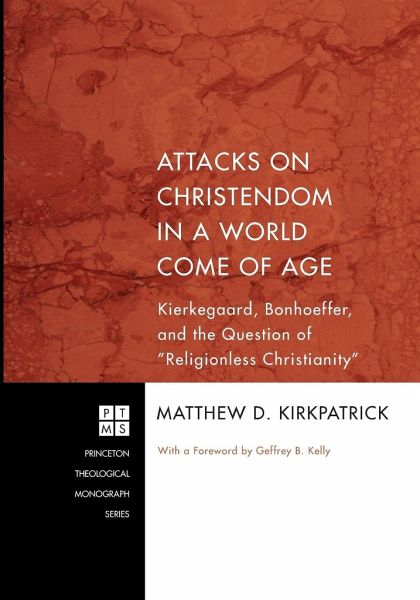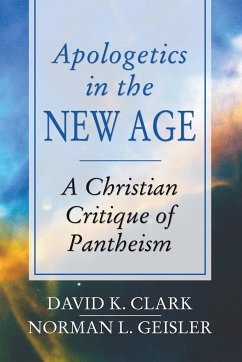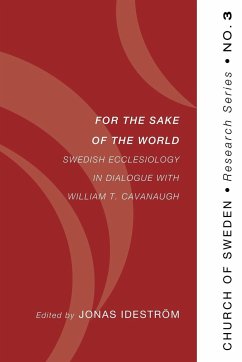
Attacks on Christendom in a World Come of Age

PAYBACK Punkte
14 °P sammeln!
Though Soren Kierkegaard and Dietrich Bonhoeffer both made considerable contributions to twentieth-century thought, they are rarely considered together. Against Kierkegaard's melancholic individual, Bonhoeffer stands as the champion of the church and community. In Attacks on Christendom, Matthew D. Kirkpatrick challenges these stereotypical readings of these two vital thinkers. Through an analysis of such concepts as epistemology, ethics, Christology, and ecclesiology, Kirkpatrick reveals Kierkegaard's significant influence on Bonhoeffer throughout his work. Kirkpatrick shows that Kierkegaard ...
Though Soren Kierkegaard and Dietrich Bonhoeffer both made considerable contributions to twentieth-century thought, they are rarely considered together. Against Kierkegaard's melancholic individual, Bonhoeffer stands as the champion of the church and community. In Attacks on Christendom, Matthew D. Kirkpatrick challenges these stereotypical readings of these two vital thinkers. Through an analysis of such concepts as epistemology, ethics, Christology, and ecclesiology, Kirkpatrick reveals Kierkegaard's significant influence on Bonhoeffer throughout his work. Kirkpatrick shows that Kierkegaard underlies not only Bonhoeffer's spirituality but also his concepts of knowledge, being, and community. So important is this relationship that it was through Kierkegaard's powerful representation of Abraham and Isaac that Bonhoeffer came to adhere to an ethic that led to his involvement in the assassination attempts against Hitler. However, this relationship is by no means one-sided. Attacks on Christendom argues for the importance of Bonhoeffer as an interpreter of Kierkegaard, drawing Kierkegaard's thought into his own unique context, forcing Kierkegaard to answer very different questions. Bonhoeffer helps in converting the obscure, obdurate Dane into a thinker for his own, unique age. Both Kierkegaard and Bonhoeffer have been criticized and misunderstood for their final works that lay bare the religious climates of their nations. In the final analysis, Attacks on Christendom argues that these works are not unfortunate endings to their careers, but rather their fulfilment, drawing together the themes that had been brewing throughout their work.













